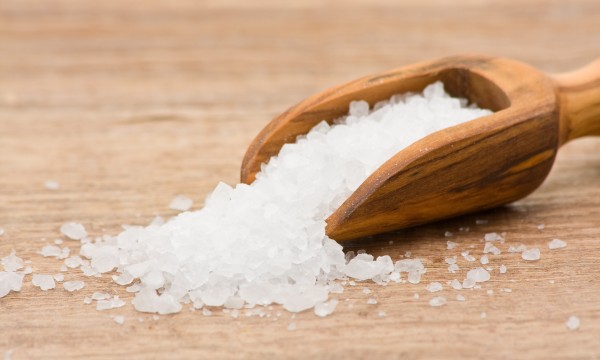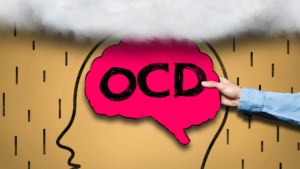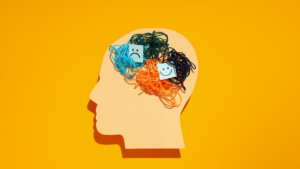
Everyone knows that salt is bad for you, right? People all over the world have been advised to cut back on their salt intake for years. And with good reason—salt definitely makes you thirsty. In fact, it’s claimed that up to one-third of the average American’s sodium intake comes from our table salt. The problem is that salt isn’t all bad. In fact, some of our bodies need a little bit of salt to help them function properly. You’ve heard the saying “Salt makes everything taste better,” right? Well, it’s also true that salt can help you lose weight.
Salt is an essential ingredient to human survival, but not every salt is created equal. Here’s the difference between common table salt and sea salt: Table salt is mined from underground salt deposits and is a crystalline solid with a concentration of sodium chloride (NaCl) that varies between about 2.0 percent and 4.5 percent. Sea salt, on the other hand, is harvested from seawater by evaporation, purification, and crystallization and contains only a trace of sodium chloride.
Salt is the biggest single cause of health problems in America. It’s not that you should cut it out of your diet, but it is important to reduce the amount of salt you consume. So here are some tips on how to cut back on salt.
Don’t Use As Many Condiments
So you’ve cut back on your salt intake, and you’re feeling good about it. But you just can’t get over that sudden craving for pickles or olives at the end of a meal. Even worse, you’re adding dozens of these to your grocery cart every week. Just like sugar, salt has a place in our diet, but we should be careful how much we use. According to the American Heart Association, most of us eat too much. A total of 88 percent of adults in the United States consume too much salt, according to the American Heart Association. This represents about 3,400 milligrams of sodium a day on average—the equivalent of less than one teaspoon of salt a day. A person who consumes this much salt is at risk for obesity, high blood pressure, and other health problems.
Go for Alternatives
Most of us regularly overdo the salt. You might think it’s lowering your blood pressure, but the truth is that too much salt can be just as bad for us as too little. Excess salt can cause high blood pressure, which increases your chances of heart disease and lowers your life expectancy. A lot of people believe that salt is the only thing that matters when it comes to improving the taste of food, but this is far from true. Salt is just a taste enhancer, and it is very common for people to overdo it when it comes to salt. Many people take it for granted that it is only the sodium in salt that does the job, but this is far from the truth. Salt is only one of the many ingredients that can contribute to the salty taste of a food, and people should think twice before adding it.
Cut Back On Processed Foods
Salt is linked to many health problems, and it is more commonly used than ever before. Why? Maybe it is the low cost, a very easily accessible and well-known food, or the fact that salt makes our food taste better. But we do know that it is an essential part of our diet. The human body needs salt to function, and the recommended daily intake is between 2 and 5 grams per day. That means that most of us are consuming too much salt, and most of us are not getting enough.
When it comes to choosing what to eat and when, we are constantly bombarded with advertisements that implore us to buy foods with reduced salt, fat, and calories, but do those claims make sense? Is it better to eat foods with processed ingredients and preservatives, or is it better to try to eat healthier foods that are fresher and less processed?
Most people are aware of the dangers of eating too much salt, but many don’t realize that processed foods are also high in sodium. Processed food items like canned soups, frozen dinners, jarred pasta sauce, and other sauces and seasonings that are often used in them all contain high amounts of salt, so it’s easy to consume a lot of sodium in just one sitting. Some studies have also found that the salt content of some prepared foods is so high that it can lead to sodium deficiencies, which can cause health problems like fatigue, muscle weakness, and even heart problems.



